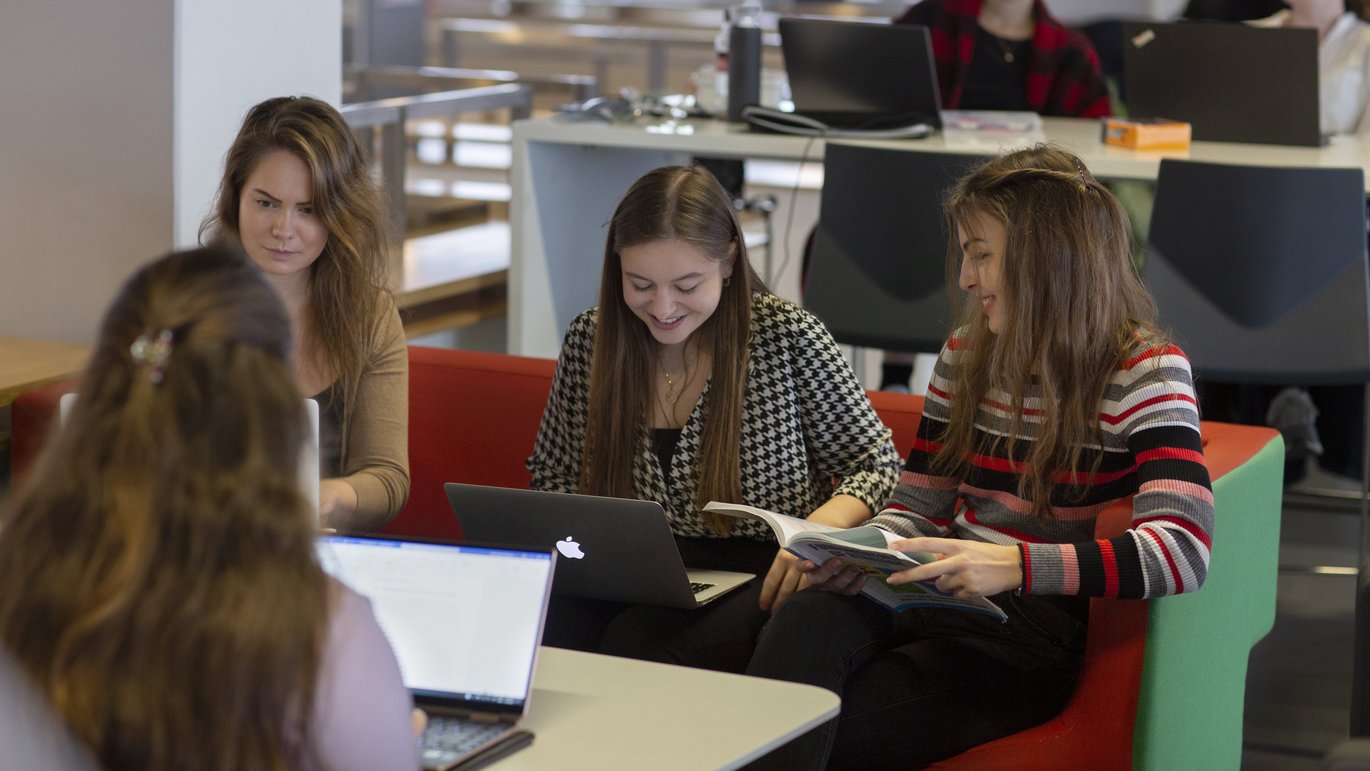Workshop on how to establish well-functioning study groups
Study groups can help students strengthen their academic and social integration. However, well-functioning study groups do not happen by themselves. With the CED’s new workshop, everyone who is involved in the establishment of study groups can gain current knowledge about how to create well-functioning groups.

Participation in study groups can improve student satisfaction. Here, they can discuss the topics they are working on in class, discuss uncertainties, rehearse presentations, and provide feedback to one another.
But creating a well-functioning study group is a fine art, workshop manager and senior consultant at the CED Bente Kristiansen says:
“Study groups take up a lot of time in students’ life. They are important for the learning environment. However, it can be difficult to establish and support well-functioning study groups. There is no single answer as to what is required to create good groups – it depends on several factors.”
Therefore, in the autumn, the CED offers the workshop ‘Study groups – what to consider?’. The workshop will focus on which questions are particularly important to clarify before the formation of study groups and participants will get inspiration from other teachers at AU.
Different students – different needs
How do you put together good study groups? How do you ensure that the groups are well-functioning? And how can the groups’ work be included in the teaching?
“Research and a series of interviews with teaching staff at AU show that the use of study groups, the composition of study groups, and the way in which they are included in the teaching varies. There is no one-size-fits-all model. Therefore, the workshop is based on considerations regarding participants’ own practice and didactic use of study groups,” Bente Kristiansen says.
Therefore, based on the research insights, the participants at the workshop are led through important considerations regarding the use of study groups. The participants will receive research-based input and specific examples that can provide perspectives to their practice and form the basis for greater confidence in the decisions they have already made or inspiration for new ways of doing things.
Establishment of study groups through conscious choices
The workshop lasts three hours and contains short presentations, which will prepare the ground for considerations regarding the use of study groups. The workshop will be extra fruitful if teachers from the same programme participants so they can discuss specific local conditions.
The workshop will allow participants to develop or revise their practices regarding the establishment and use of study groups. The workshop facilitators will lead participants through five steps, which can help clarify how best to work with study groups in their programmes:
- Why do you need study groups?
- What is the purpose of the study group?
- How do you establish and form study groups?
- How do you incorporate the work of study groups into your teaching?
- How does working in study groups contribute to the qualification profile of the programme?
“The workshop is built in this way because, from the research and the examples at AU, we can see that these five questions are essential in relation to the role of the study groups. Therefore, they need to be clarified – preferably as conscious choices,” Bente Kristiansen concludes.
Want to learn more?
The workshop ‘Study groups – what to consider?’ lasts three hours. You can find more information about the workshop and register here.
If you have any questions, please contact Bente Kristiansen at bentek@au.dk eller på +45 93 52 18 60.
